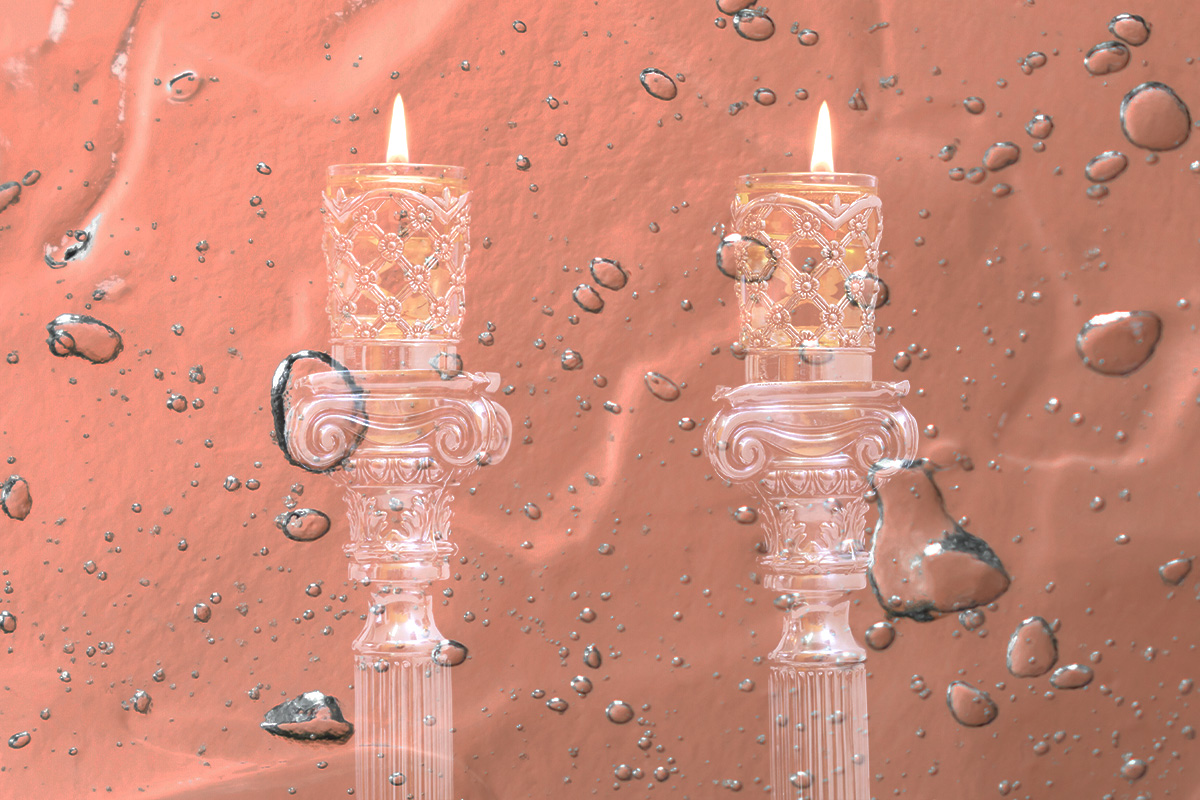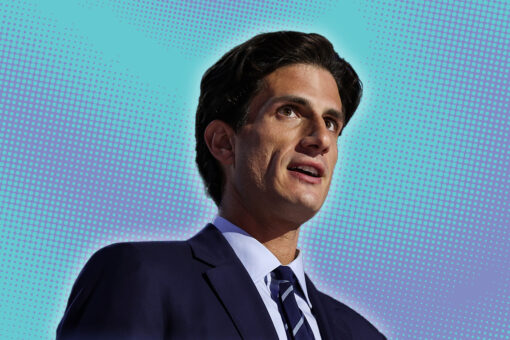It’s always rough online, but especially of late, with one headline after another about all the brand new, ridiculous ways antisemitism is rearing its ugly head. Then I opened Instagram and the top photo on my feed proclaimed that Donald Trump is running for President again. Nope. I can already envision how all of the internet is about to explode in response. Time for a break.
Though seemingly unrelated, my mind drifts to Tara Brach, a Jewish Buddhist who has become famous for her noteworthy work and teaching on meditative practices and centered living. I was listening to one of my favorite podcasts, The Happiness Lab with Dr. Laurie Santos, on a cold, rainy commute to work. Tara was welcomed as a guest on this particular episode. Her voice is so soothing that I honestly had trouble focusing (ironic, given that she was talking about presence of mind). However, something she said did really stand out to me: When discussing how often we escape presence and being in our bodies by being distracted with wandering thoughts and constantly going without break from one thing to the next, Tara suggested asking yourself the question: “What am I unwilling to feel in this moment?” I exhaled hard under the impact of that powerful question. Wow.
It made me think about how often we’re on our phones checking social media and the news these days, as if we are subscribed to a 24/7 livestream of stress and tragedy. These are worrisome and uncertain times — even moreso lately, when the antisemitic headlines roll over us like tidal waves. I’m worried that in obsessing over keeping up with everything, we aren’t giving ourselves time to process and recharge. Going back to Tara Brach, it makes me ponder: What are we unwilling to feel right now? The obvious answer is fear, sadness, anxiety — or an unpleasant cocktail of all three.
When I was an anxious child on a road trip and my dad would drive all night, I wouldn’t let myself fall asleep, no matter how tired, because somehow — if I kept watching the road from the backseat — I could keep any kind of accident from happening. Sometimes, I feel like we do this with the things happening all around us. Partly, it’s because we have to — it’s good that we are ready at a moment’s notice to stand up for each other at the first signs of oppression and danger. We are holding steadfast to our proclamation of “Never Again,” and that makes me proud. Still, I think that we need to find a way to take a break — even if only briefly — from this near-constant vigilance that is eating away at our wellbeing.
If we are fearfully clinging to a constant stream of headlines like an amulet of protection, in an attempt to feel safe, then where can we find that sense of safety, but in a more wholesome way that allows us to sit with our feelings? I was taken by surprise when my mind replied, “Shabbat.”
You see, I was Orthodox in my teens, but I haven’t celebrated Shabbat in a traditional way for many years, and only recently started lighting Shabbat candles again as a segulah for something that I’m stressed about (but also I forget a great deal of the time, anyway). While I’m not traditionally observant by any means, I still think that at its core, Shabbat is a beautiful concept: a full break from any kind of work for 25 whole hours a week, every week, without fail.
However, I associated the many customs surrounding Shabbat with restriction because of how I originally experienced it — like not actively using electricity or technology on Shabbat. Now, though, I’ve found a reason to bring back some of the tradition — not as a restriction, but as a gift to myself.
I truly think there is ancient wisdom in taking a full day off every week, regardless of the beliefs behind it. Our ancestors intrinsically understood the importance of this (as did many other wise ancient cultures), long before scientists discovered all of its benefits during our modern era: a bounty of benefits from reducing stress, to cutting down the risk of heart disease, to boosting creativity, productivity and focus — to even improving your short-term memory! Just Google “benefits of taking a day of rest” and you’ll turn up more articles than you can read touting the subject. Nonetheless, even knowing this, my rebellious-Jew streak has kept me from pursuing this, and I have also developed terrible habits when it comes to balancing life and being constantly plugged in.
With setting proper intention, I think that Shabbat can become a refuge from the onslaught of misery — a refuge in which we can sit still with the feelings we are unwilling to feel during the week, and process them in safety and peace however we need, so that we are cleansed and ready to take back up the fight after sundown on Saturday night. For whatever feelings do come up, Tara recommends RAIN: Recognize, Allow, Investigate, Nurture. It sounds like a peaceful, gentle response — one that fits perfectly with the themes of Shabbat.
I’m not going to jump back into leaving the lights on for 25 hours or not driving my car or anything like that. But I do think that I can take this concept on my own terms, and elevate it in my life in a relevant way. This time, though, I’m not giving something up for Shabbat because I have to; I’m doing it because I want to.
So this weekend, I will do a “Shabbat cleanse” of social media and the news — to close my eyes for just a moment of rest in the backseat of the car. I need a sanctuary that helps me to be really intentional about letting go of the insatiable urge to check my social feeds, even if just for a day. It’s an extremely Jewish act of reliance and self-care in a time of roiling antisemitism and fear — and that’s something I am willing to feel.



